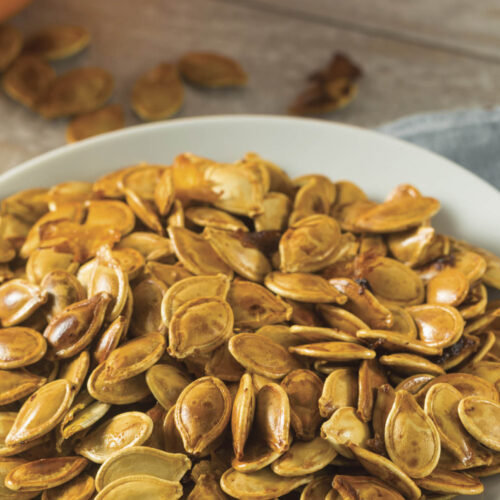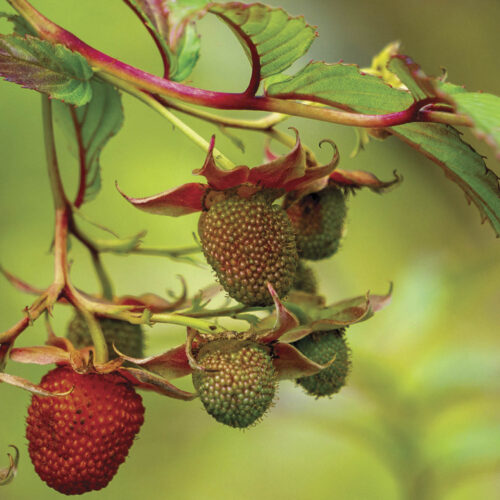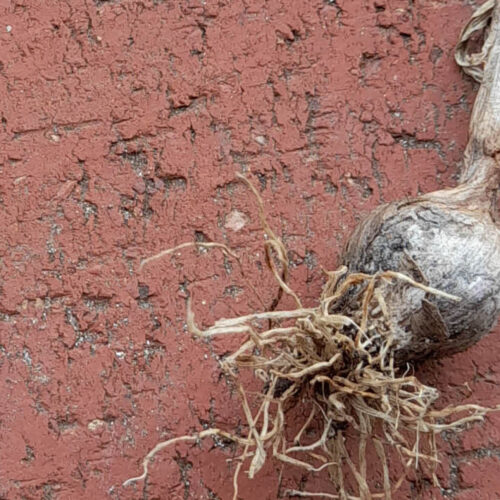Organics promotes natural pest control
2010-09-24T00:20:58+10:00
Recent research demonstrates what experienced organic farmers already knew – that organic agriculture promotes biodiversity and natural pest control.
Scientists from the University of Georgia and Washington State University have produced convincing evidence showing that organic farms create diversity and, from that, stability and resilience. The researchers focused on organic and conventional potato paddocks, looking at how species diversity and the range of pest populations affected damage to crops. In particular they looked at the ‘evenness’ of insect populations, which refers to the degree to which any one organism dominates an ecosystem. According to a report by the Organic Federation of Australia (OFA), the researchers found that in conventional potato fields “just one species accounted for up to 80% of individuals…” while in the organic fields, the dominant species never accounted for more than 38%. This evenness leads to yield increases as natural predators were allowed to survive and control pests, whereas pesticide-based control systems disrupted species diversity, creating ecological niches filled by a select and highly dominant species. The research was produced by the Organic Centre, which aims to “generate credible, peer-reviewed scientific information and communicate the verifiable benefits of organic farming and products to society”. • Sourced from OFA: www.ofa.org.au • References:?Organic Centre?Crowder, D.W., Northfield, T.D., Strand, M.R., and W.E. Snyder. 2010. “Organic agriculture promotes evenness and natural pest control,” Nature, Vol. 466: 109-112.?Turnbull, L.A., and A. Hector. 2010. “How to get even with pests,” Nature, Vol. 466: 36-37. ?





